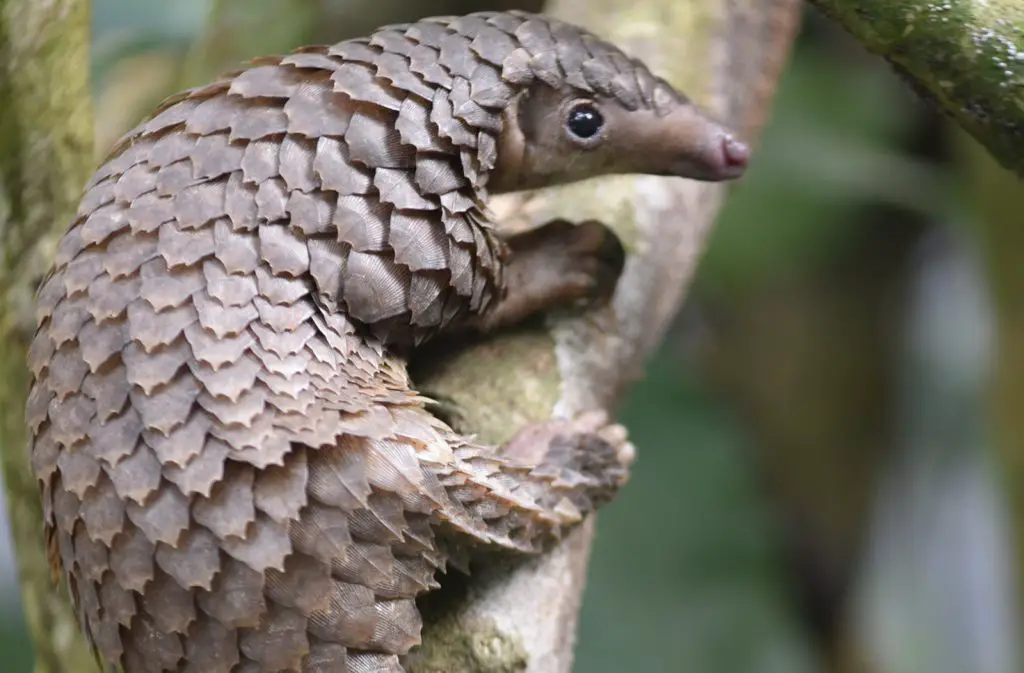The COVID-19 has ravaged the world changing the lives of millions and devastating economies across the world. With actual infections reaching over half a million people, the focus has now shifted to the role trade in wildlife contributes to such epidemics. Just like COVID-19, other previous emergencies in the world can be directly traced to
[elementor-template id="94265"]











